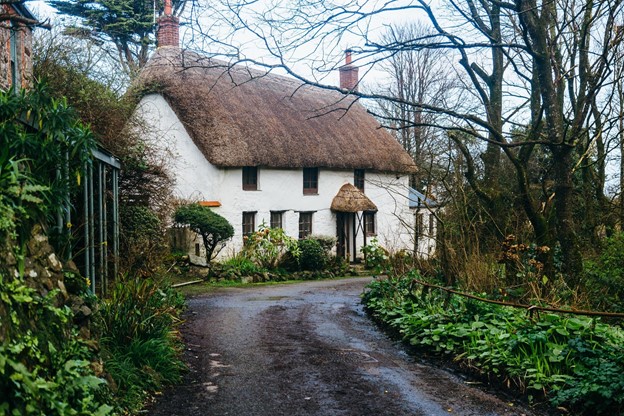Following trends seen in New York and London, for spacious pastures, but unlike the former two cities, a pattern unique to the GTA has emerged.
“People with disposable incomes aren’t flying to Florida or California for vacation, they’re not sending their kids to camp, and they’re becoming stir crazy stuck in their homes,” said Elan Weintraub, co-founder, director and mortgage broker at . “People selling in Toronto are buying in cottage country because they can work remotely, and they’d rather live and work in a pastoral setting from inside a beautiful home with a great view of the lake than in a busy urban centre. Employers are becoming much more accommodating, and demand for cottages is very strong right now.”
The trend began in the summer and hasn’t dissipated. According to Erica Mary Smith, broker of record and co-founder of in Toronto, not only does cottage inventory disappear within 10 days, the segment has grown to comprise 20% of her brokerage’s transactions.
“Before that, we’d do 1% in cottage country and mostly refer those deals to agents in those areas, but we had to become familiar with cottages right away because we had more and than one client asking for them and we had to adjust,” she said. “A lot of people have moved out of the city and are living in their cottages and winterizing them.”
Out in cottage country, the Lakelands Association of Realtors has been tracking the burgeoning trend. In the last two years, cottage purchases rose by 10% year-over-year, but in 2020 they have increased by 18%. In Parry Sound, Muskoka and Haliburton, cottage transactions have grown by 25%, 23% and 15%, respectively.
“We find the majority of buyers are coming from major centres, such as the GTA and surrounding areas with COVID restrictions in place, and with companies restructuring, who needs to be in the office? Working from the cottage has become much more viable,” said Chuck Murney, president of the Lakelands Association of Realtors.
“Cottages are winter-ready, and whether it’s increased insulation or heating and water systems needing upgrading, contractors in the area have been working feverishly for their extended use.”
Murney noted that the desire to escape higher density areas has driven demand for cottage properties within Lakelands’ boundaries, but that other factors stemming from the pandemic have played similarly outsized roles. Cottages, which are inherently low in supply—Murney remarked that fewer are making it to market—appreciate well annually and , unlike the stock market, which has been volatile this year.
And, echoing Weintraub, Murney says have resulted in surplus funds.
“The majority who have invested in cottage country haven’t done so on a whim,” he said of whether or not cottage purchasers will remain post-pandemic. “They contemplated this for some time and COVID has just been the trigger to move up their plans. With a vibrant cottage community throughout Lakelands areas, and with government investment in internet capabilities, rural areas will continue to grow.”
Neil Sharma is the Editor-In-Chief of Canadian Real Estate Wealth and Real Estate Professional. As a journalist, he has covered Canada’s housing market for the Toronto Star, Toronto Sun, National Post, and other publications, specializing in everything from market trends to mortgage and investment advice. He can be reached at neil@crewmedia.ca.









